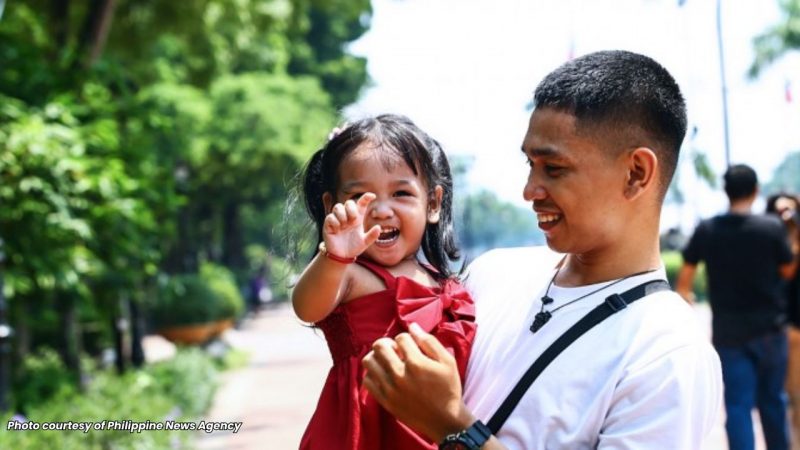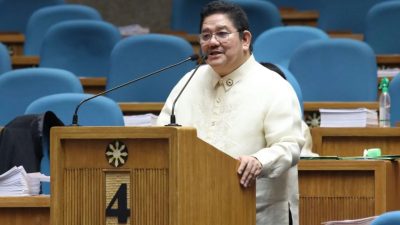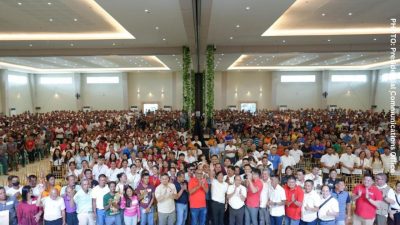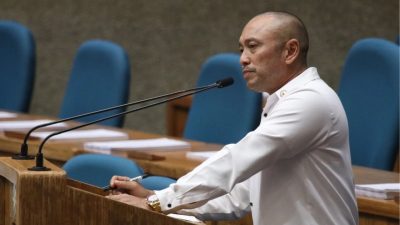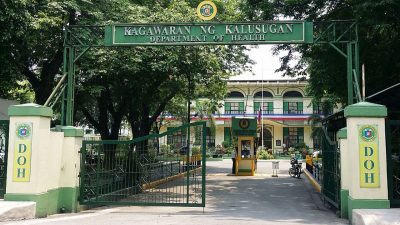By Junex Doronio
MANILA — Recognizing the crucial role of fathers in child-rearing and development, the Department of Social Welfare and Development (DSWD) has launched the ERPAT (Empowerment and Reaffirmation of Paternal Abilities) project.
This initiative emphasizes the importance of fathers’ roles, responsibilities, and abilities in parenting.
“The project acknowledges the significant role of fathers in various aspects of child-rearing and development, including the care and behavior management of adolescent children,” said Assistant Secretary Dumlao, who also serves as the DSWD spokesperson, on Tuesday, June 18, 2024.
Coincidentally, Father’s Day was celebrated last Sunday, June 16, 2024.
To further strengthen the program, the DSWD continues to conduct capacity building and training for implementers, ERPAT members, and local government units (LGUs).
In May, the DSWD Field Office-7 (Western Visayas) held the first ERPAT Regional Summit as part of the International Day of Families (IDF) 2024 celebrations. During the summit, family advocates and experts on family affairs discussed various topics to enhance the knowledge and skills of ERPAT members, according to Dumlao.
The DSWD spokesperson explained that ERPAT aims to enhance and strengthen the parenting capabilities of Filipino fathers, enabling them to fulfill their familial tasks and responsibilities effectively. The program encourages fathers to play an active and equal role with their spouses or partners in promoting the optimal development of their children and other family members. Additionally, it supports fathers in taking active leadership roles within their communities to promote positive family life.
Fathers of Families at Risk Also Considered
ERPAT primarily targets biological fathers, including solo fathers, returning migrants/Overseas Filipinos (OFs), released prisoners, and persons with disabilities. The project also includes adoptive fathers, newlywed husbands, organized father groups, male caregivers, foster fathers, and guardians.
The program focuses on families facing various challenges, such as mild and severe abuse cases, poor health or nutrition, the presence of out-of-school youth, inappropriate behavior models from family heads or members, substance abuse, and solo male parents.
“We at the DSWD aim to ensure our programs and services are inclusive, leaving no sector behind. We will continue to enhance our programs and services to improve the lives of Filipino families,” Dumlao said.
(el Amigo/mnm)

